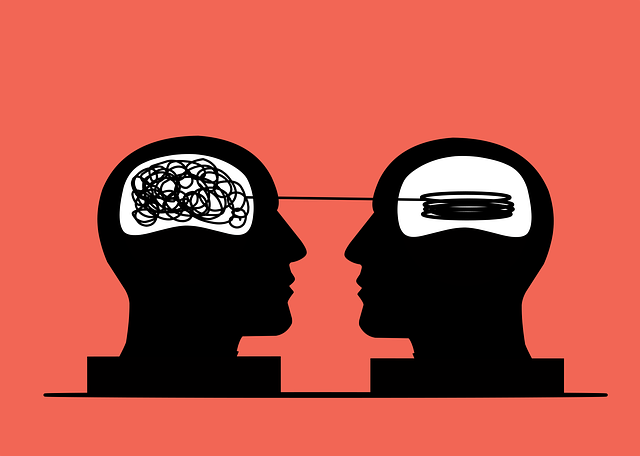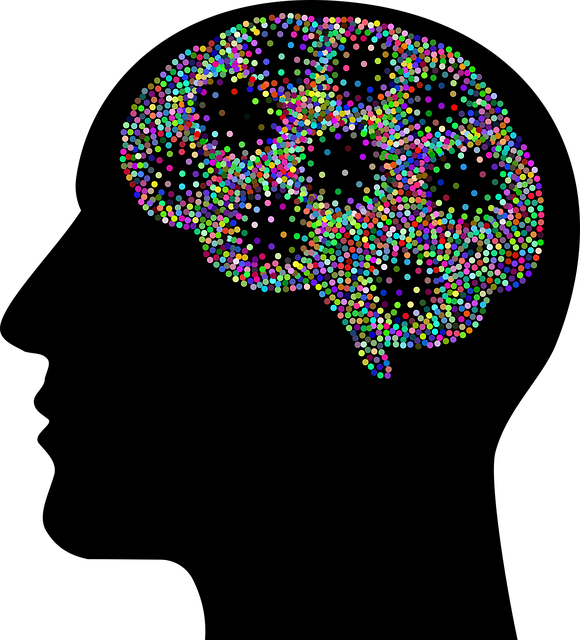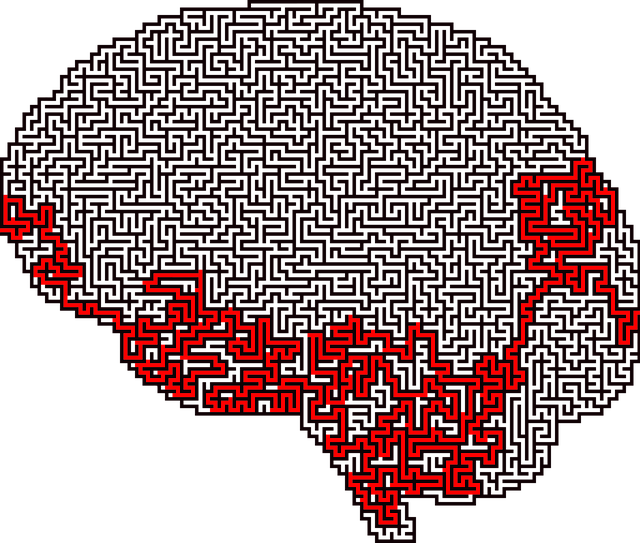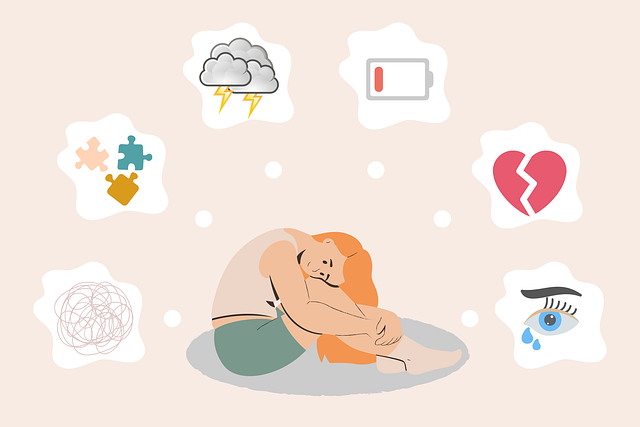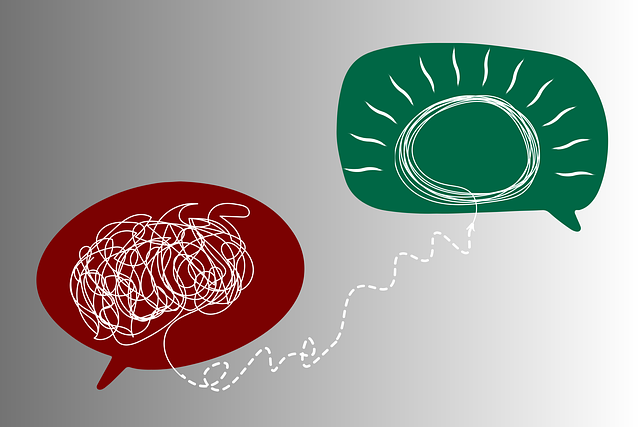Mental wellness apps, leveraging digital solutions, offer personalized self-care practices combining evidence-based therapies with engaging experiences. Superior Play Therapy apps target a wide range of users, particularly millennials and Gen Z, providing accessible tools for stress management, anxiety relief, and mental health support. These apps not only benefit individuals but also healthcare providers by integrating self-care practices into their practices. Future developments include ethical considerations, cultural sensitivity, social skills training, and virtual reality therapy sessions, shaping the evolving landscape of digital mental healthcare.
In today’s digital age, mental wellness app development is revolutionizing access to therapy. This article delves into the world of play therapy apps, exploring both their potential and market viability. We’ll analyze the growing demand for these applications, dissecting key features essential for effectiveness. Additionally, we’ll discuss ethical considerations and emerging trends shaping the future of mental health technology, highlighting the superior benefits of Play Therapy apps in fostering holistic well-being.
- Understanding Mental Wellness and Its Digital Solutions
- Market Analysis and Target Audience for Play Therapy Apps
- Key Features and Functions for Effective App Development
- Ethical Considerations and Future Trends in Mental Health Technology
Understanding Mental Wellness and Its Digital Solutions

Mental wellness is a holistic state of being that encompasses emotional, psychological, and social well-being. It’s about recognizing and valuing one’s unique potential, managing stress, and effectively coping with life’s challenges. In today’s fast-paced world, where stress and anxiety are prevalent, digital solutions for mental wellness have emerged as powerful tools to support individuals in their pursuit of a superior state of mind. These innovative applications offer accessible and personalized approaches to enhancing well-being.
Through interactive features, users can engage in self-care practices tailored to their needs, such as guided meditations, mindfulness exercises, and mood tracking. Many apps also incorporate play therapy techniques, providing a creative outlet for expression and emotional release. By combining evidence-based therapies with engaging digital experiences, these solutions aim to improve conflict resolution skills and promote positive mental health. This shift towards digital care enables individuals to take charge of their mental wellness, offering convenience, privacy, and accessible support whenever and wherever needed.
Market Analysis and Target Audience for Play Therapy Apps

The market for mental wellness apps is thriving, and among various therapeutic offerings, Play Therapy apps have emerged as a promising segment. These apps cater to individuals seeking innovative ways to improve their mental health and well-being through play and creative expression. In today’s digital age, where technology plays a pivotal role in our lives, mobile applications offer accessible and engaging solutions for managing stress, anxiety, and other common mental health concerns.
The target audience for Superior Play Therapy apps is diverse and includes children and adults from various age groups. However, a significant portion of users are likely to be millennials and Gen Z individuals who are tech-savvy and open to incorporating digital tools into their self-care routines. This demographic often struggles with work-life balance, academic pressures, and social expectations, making them prime candidates for apps that promote mindfulness, emotional regulation, and healthy coping mechanisms like conflict resolution techniques through play and interactive activities. Additionally, healthcare providers can also benefit from these apps as part of their cultural competency training, learning to integrate self-care practices into their practice to support whole-person wellness.
Key Features and Functions for Effective App Development

In developing a mental wellness app, incorporating key features and functions that promote therapeutic benefits is essential. Superior play therapy techniques should be at the core, allowing users to engage in activities that stimulate creativity, emotional expression, and cognitive development. This could include interactive games, art therapy tools, or storytelling exercises tailored for different age groups and mental health needs.
Additionally, integrating burnout prevention strategies, self-awareness exercises, and crisis intervention guidance enhances the app’s effectiveness. Features like meditation tracks, mood tracking, and personalized coping mechanisms can equip users with valuable skills to manage stress and emotional challenges. These combined elements create a comprehensive digital therapy space that caters to diverse mental wellness requirements.
Ethical Considerations and Future Trends in Mental Health Technology

As mental health technology continues to evolve, ethical considerations play a crucial role in shaping the future of digital mental healthcare solutions. Developers and researchers must ensure that apps promoting well-being, such as superior play therapy tools, prioritize user privacy and data security. Transparent data handling practices are essential to building trust with users, especially when addressing sensitive personal information.
Looking ahead, cultural sensitivity in mental healthcare practice is a prominent trend. App developers should strive to create inclusive content that respects diverse cultural backgrounds and beliefs. Integrating features for social skills training within these platforms can enhance their effectiveness, catering to various user needs. Future innovations may also explore the potential of virtual reality therapy sessions, offering immersive experiences for superior play therapy and mental wellness coaching programs development.
In the digital age, mental wellness app development is a game-changer, offering accessible and effective solutions for managing mental health. By understanding the market’s needs, specifically targeting children through play therapy, and incorporating key features, developers can create superior play therapy apps that cater to a diverse audience. Ethical considerations are paramount, ensuring user privacy and data security. Looking ahead, technology in mental health care is poised for further growth, potentially transforming traditional treatment methods and improving overall well-being.


